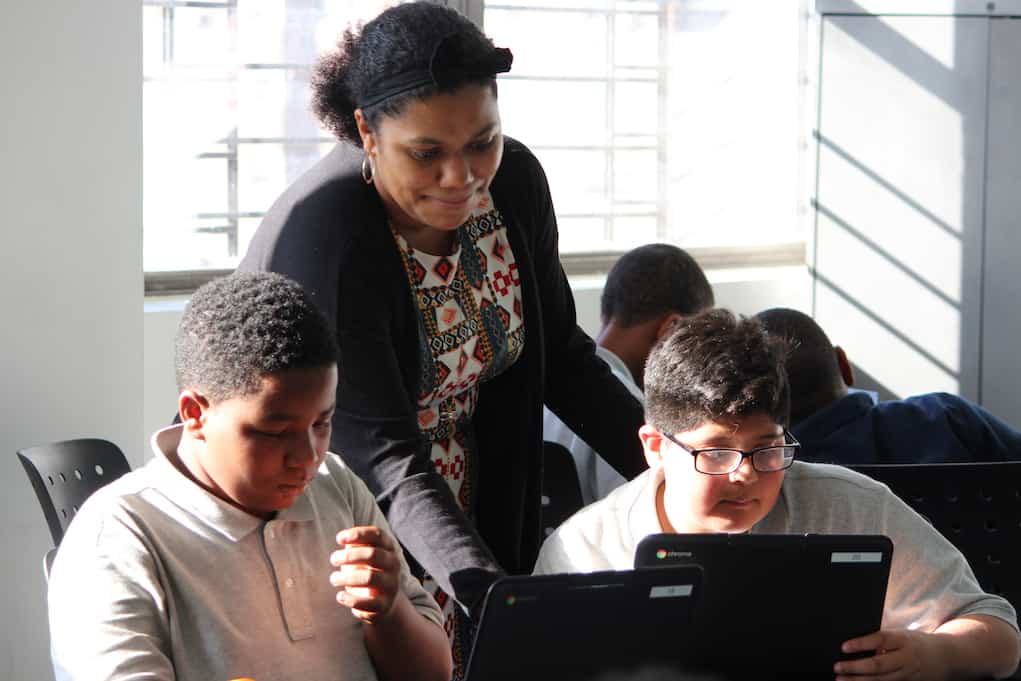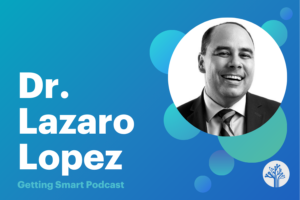ISTE Releases A Practical Guide for Educators on Buying Edtech

Not all edtech products are created equal, nor are the needs of each district looking to purchase new tools and technology to support powerful learning experiences in their schools.
Data privacy and interoperability have become pressing considerations for districts and systems seeking to provide the most inclusive edtech products and solutions.
“Every year, billions of dollars are spent in the U.S. on edtech solutions for schools. The question is, are those dollars being spent in the way that will best serve students?” said ISTE Chief Learning Officer Joseph South. “Only when district leaders and classroom educators work together in a thoughtful, inclusive, and well-informed partnership can we turn these purchases into powerful investments in our students’ future.”
 To support market demands and inform procurement decisions, ISTE along with Project Unicorn, created the Better Edtech Buying for Educators: A Practical Guide.
To support market demands and inform procurement decisions, ISTE along with Project Unicorn, created the Better Edtech Buying for Educators: A Practical Guide.
The guide provides an overview of the ISTE standards and alignment of technology to student learning goals, the importance of research and evidence in purchasing considerations, information about data interoperability and student privacy, and challenges of implementation with suggestions for ongoing support.
Organized into five categories, the guide features real-life examples to illustrate how educators and district leaders are working together:
- Alignment with student learning goals and standards
- Importance of research and evidence
- Data interoperability and student privacy
- Challenges of implementation, use and ongoing support
- Educators as purchasing partners
“The average school district uses more than 568 edtech applications every year. The question is what works and how can the apps be improved to better serve teachers and students?” said InnovateEDU Executive Director Erin Mote. “This buying guide focuses on key considerations in procurement – from privacy to interoperability to integrating research and evidence – that can accelerate best practice and better consumer awareness. Technology will never replace a great teacher, but we can invest in the tools that strengthen learning outcomes.”
As a proud Project Unicorn Steering Committee member, Getting Smart looks forward to feedback on how this guide helps shape decisions and make data interoperability in classrooms across the country.
For more, see:
- Data Interoperability: Applying Playground Principles to EdTech
- Getting Smart on Data Interoperability
- Data Interoperability in K-12: Supporting Teachers in the Classroom
Stay in-the-know with all things EdTech and innovations in learning by signing up to receive the weekly Smart Update. This post includes mentions of a Getting Smart partner. For a full list of partners, affiliate organizations and all other disclosures please see our Partner page.






0 Comments
Leave a Comment
Your email address will not be published. All fields are required.